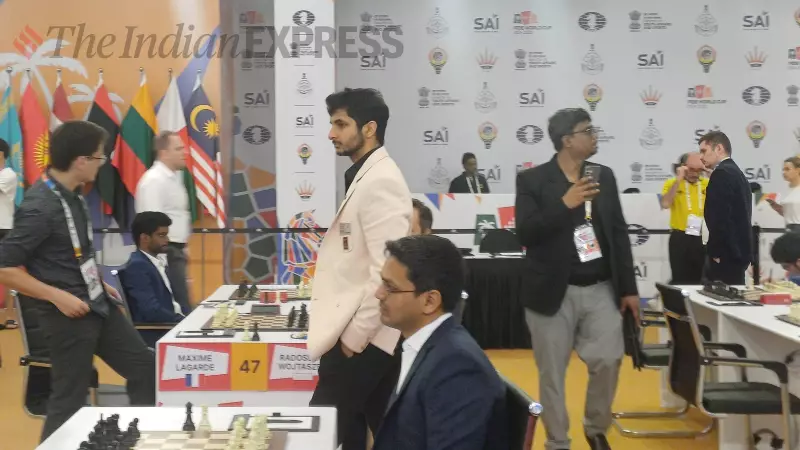
While the world watches intense chess battles at the FIDE World Cup in Baku, Azerbaijan, a surprising pattern has emerged among the grandmasters - their secret weapon isn't just hours of study, but something much more fundamental to human well-being.
The Unconventional Training Regimen
When asked about their routines after grueling matches, top players revealed a consistent practice: taking long walks. This simple activity has become an essential part of their mental preparation and recovery process.
"I just go for a walk," said Indian prodigy R Praggnanandhaa, whose remarkable performance has captivated the chess world. His sister and coach, Vaishali, confirmed this is his go-to method for clearing his mind between matches.
More Than Just Physical Exercise
This practice isn't limited to rising stars. Even established champions like Magnus Carlsen and world number three Fabiano Caruana swear by the mental benefits of walking. The activity serves multiple purposes:
- Mental Reset: Walking helps players distance themselves from the intensity of the game
- Stress Relief: Physical movement reduces tournament pressure and anxiety
- Creative Thinking: Many players report their best strategic ideas come during walks
- Emotional Balance: It helps maintain composure after both victories and defeats
The Science Behind the Strategy
Research supports what these grandmasters have discovered intuitively. Walking stimulates blood flow to the brain, enhances creative thinking, and reduces stress hormones. For chess players who spend hours in sedentary positions, the physical movement also helps counteract the physical strain of prolonged concentration.
As the tournament progresses towards its climax, with Indian players making significant strides, this simple practice of taking walks continues to be a common thread among competitors performing at the highest level.
The chess world cup has thus revealed an important lesson: sometimes, the most sophisticated mental preparation involves the simplest human activities.





